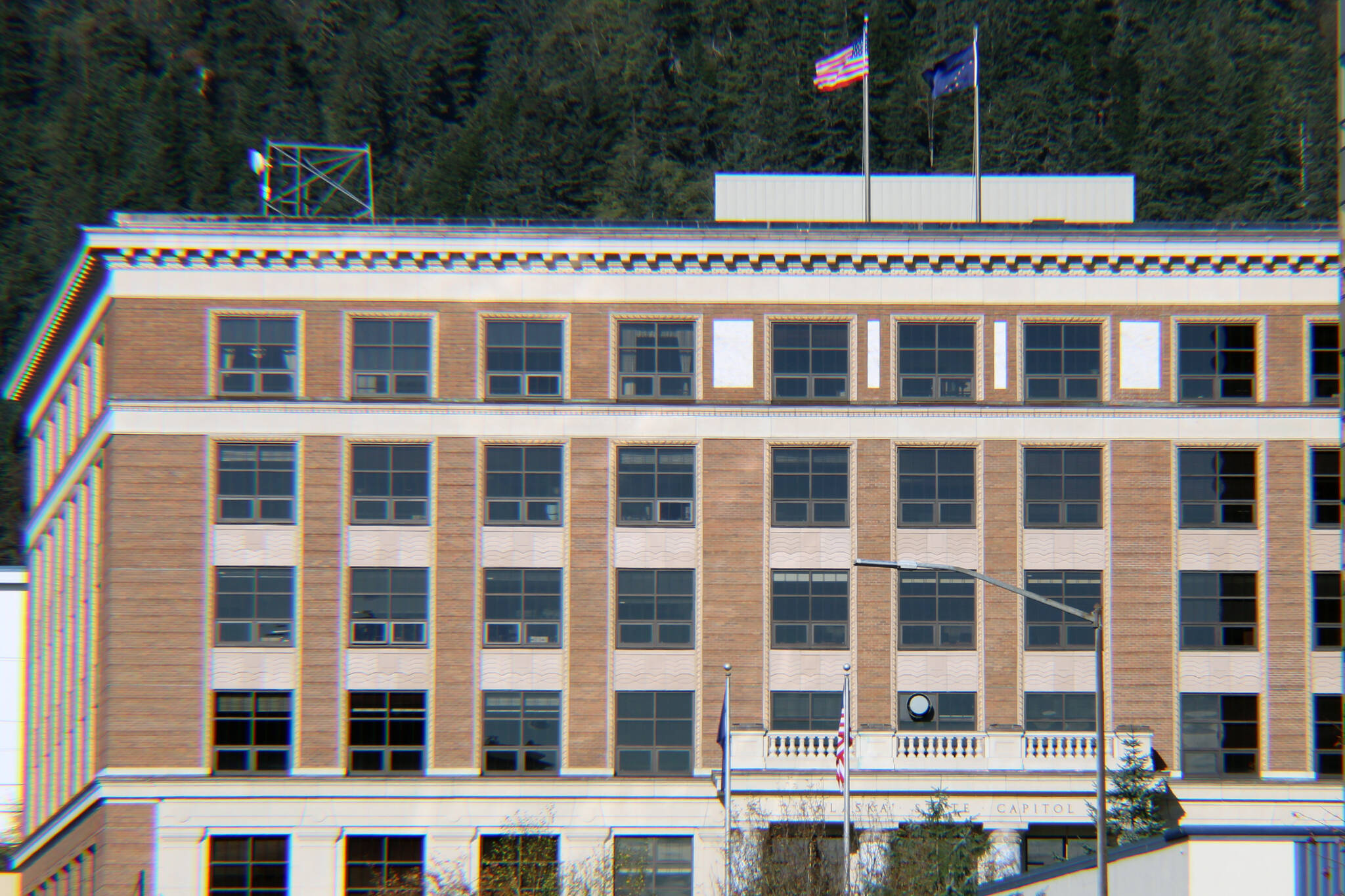As spring approaches, thousands of Alaskan fishing families don’t yet know if they will be allowed to fish for the prized Chinook salmon this year. For full-time commercial fishermen like myself who rely on Chinook as a primary source of income, not being allowed to troll this year would be devastating to my family and Southeast’s rural communities. That’s why Southeast’s trollers are so appreciative of the dozens of communities (most recently Juneau), associations, and businesses that have stepped up with letters of support, resolutions, and donations as Alaska’s trollers fight to save Southeast’s troll fishery from the Seattle-based Wild Fish Conservancy’s misguided lawsuit against the National Marine Fisheries Service. If the Wild Fish Conservancy gets their way with the courts, then Alaska’s winter and summer Chinook troll fishery will be shut down and Puget Sound’s orcas and Chinook will continue to suffer from habitat loss, toxic pollution and urbanization in the Pacific Northwest.
Alaska’s trollers are known as some of the most sustainable and conservation-minded fishermen on the water. Our fish are individually hand-caught with hook-and-line gear and delicately handled as soon as they come onboard, fetching some of the highest prices per pound in the marketplace. Every fish matters and we are always thinking about the health and productivity of the wild salmon that our bottom lines depend on. That’s why trollers are some of the most vocal advocates you’ll see when it comes to protecting salmon habitat, reducing bycatch, and addressing climate change. We are actively involved in efforts to stop large-scale mines in Southeast’s Transboundary Rivers and remove impassable dams on the Columbia’s Snake River. Despite all that, the Wild Fish Conservancy has resorted to scapegoating Alaska’s trollers rather than working with us to save Puget Sound’s orcas and Chinook.
Thankfully, Alaska’s leaders have taken note and are taking steps to protect Southeast’s trollers and Alaska’s single-largest private sector employer: the commercial fishing industry. We were heartened by Alaska State House Special Committee on Fisheries’ hearing on Feb. 14, where I and other fishermen and experts spoke to the potentially devastating impacts of the Wild Fish Conservancy’s lawsuit. In my testimony, I shared that, not only will this lawsuit kill our fishery and our way of life, but it also sets a very dangerous precedent to allow for highly politicized, knee-jerk reactionary pleas to judges to drive fishery management rather than highly trained state and federal biologists and fishery managers. Alaska Department of Fish and Game’s managers have a very good handle on how to manage our salmon fisheries sustainably with decades of proven success doing so. To dismiss their work and expertise and instead allow micromanaged biology from the bench is very scary. I see this as a potential Pandora’s box and a blatant violation of justice.
Why is Wild Fish Conservancy not going after the Columbia River’s dams? Why not the industrial polluters? Why not the trawl fleet that catches more Chinook than our troll fleet? That’s because, to me, this lawsuit was never about making it better for Puget Sound’s orcas. Instead, Wild Fish Conservancy’s lawsuit is part of their larger effort to shut down small-boat fisheries and end what little opportunity remains to harvest Chinook. The people behind this lawsuit, they don’t know what it means to live in a tiny village, in tune with nature, as has been done for thousands of years. They don’t appreciate that catching Chinook salmon is more than our livelihood, it’s the very essence of our soul. It is who we are. If you take that away from us, you kill us too.
After hearing our testimony, the Committee passed House Joint Resolution No. 5, calling on federal and state agencies to defend Alaska’s fisheries, including the Southeast Alaska troll fishery, and ensure that Southeast’s troll fleet can fish this summer as we have for over 100 years. We commend the committee for formalizing their support for Alaska’s fishing families and the economic stability and resiliency of our rural coastal communities. We encourage Alaska’s State Senate to join them and pass the joint resolution, demonstrating that Alaska will not stand by quietly as Wild Fish Conservancy tries to wipe Alaska’s fishing families off the map.
• Casey Mapes is a commercial salmon troller who lives in Yakutat, Alaska. Columns, My Turns and Letters to the Editor represent the view of the author, not the view of the Juneau Empire. Have something to say? Here’s how to submit a My Turn or letter.

